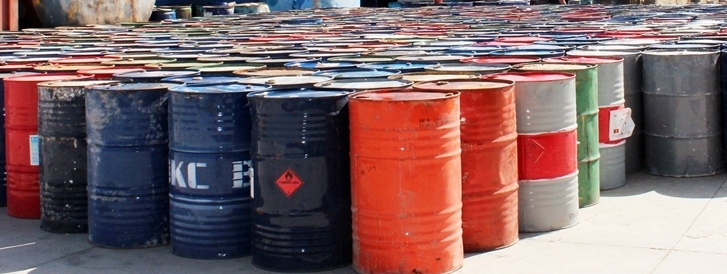
Residue wax
- Home
- Residue wax
General description of residue wax (foots oil)
Remained product of slack wax after pressing and de coloring, residue wax (foots oil) is mix of oil and wax.
Residue wax, formally known as foots oil is a commodity derived from the production of paraffin wax.
Table of Contents
ToggleFoots oil applications
Brown color, high oiled wax named residue wax (foots oil) used for matches making, lubricants, explosive, fire work.
Foots oil can be used as fuel brick component, raw material for production of grease lubricants, conservation oils , lubricants, tire, matches factories, rubber and shoe soil industries.
Residue wax (foots oil) is also used for rubber industries-tire industry-shoe industry-plastic industries-polish-match box-grease
Packing of foots oil
The packing is normally in steel drums and most of the time used one to avoid any leakage during transportation bags are not used as packing.
Differences of paraffin wax with residue wax oil
Paraffin wax and foots oil are both byproducts of the petroleum refining process, but they have distinct characteristics and applications. Here are the key differences between paraffin wax and foots oil:
Composition
Also Paraffin wax is a solid hydrocarbon derived from petroleum, whereas foots oil is a liquid residue obtained during the production of paraffin wax. Foots oil contains a mixture of heavier hydrocarbons, unsaturated compounds, and impurities.
Physical State
Special differences is Paraffin is solid at room temperature and has a relatively high melting point, typically ranging from 45 to 68 degrees Celsius (113 to 154 degrees Fahrenheit), depending on the grade but Residue wax is a liquid or semi-liquid substance at room temperature.
Appearance and Texture
Appears of wax as a white or colorless solid with a smooth and crystalline texture. It is often sold in the form of wax blocks, flakes, or pellets. foots oil, in contrast, is a dark, viscous liquid with a thicker consistency.
Uses and Applications
Paraffin wax has a wide range of applications, including candle making, food preservation, cosmetics, pharmaceuticals, and packaging. It is commonly used for its heat-retaining properties, moisture barrier capabilities, and ability to solidify and release fragrance. Foots oil, however, has more limited applications. It is primarily used as a raw material for further processing, such as refining and distillation, to produce higher-grade waxes or other petrochemical products.
Purity and Impurities
Purity of Paraffin wax is very high and compared to foots oil. It undergoes additional processing steps, including solvent extraction and filtration, to remove impurities and achieve a higher degree of purity. Foots oil, being a residue of the wax production process, contains a higher concentration of impurities, such as residual oil, unsaturated hydrocarbons, and solid particles.
Melting and Solidification Characteristics
Paraffin wax has a defined melting point and solidifies at temperatures below its melting point. This property allows it to be melted and solidified repeatedly without significant degradation in quality. Foots oil, being a liquid, does not have a specific melting or solidification point like paraffin wax.
Analysis of residue wax
40-50% | Oil content |
40-50 % | Wax content |
Yellow to brown
| Color |
241-255c | Flash point |
40-45c | Drop melting point |
Contact Info
Turkey office:No.6 of Fahrettin Pasa Sokak , Galip Erdem steet, Ilkbahar Mah. Turan Gunes Ave. Çankaya Ankara
Phone: 00903125147055
Dubai office: 3509 of the Burligton tower, business bay, dubai-uae
Phone:0097142369830
E-Mail: [email protected]

